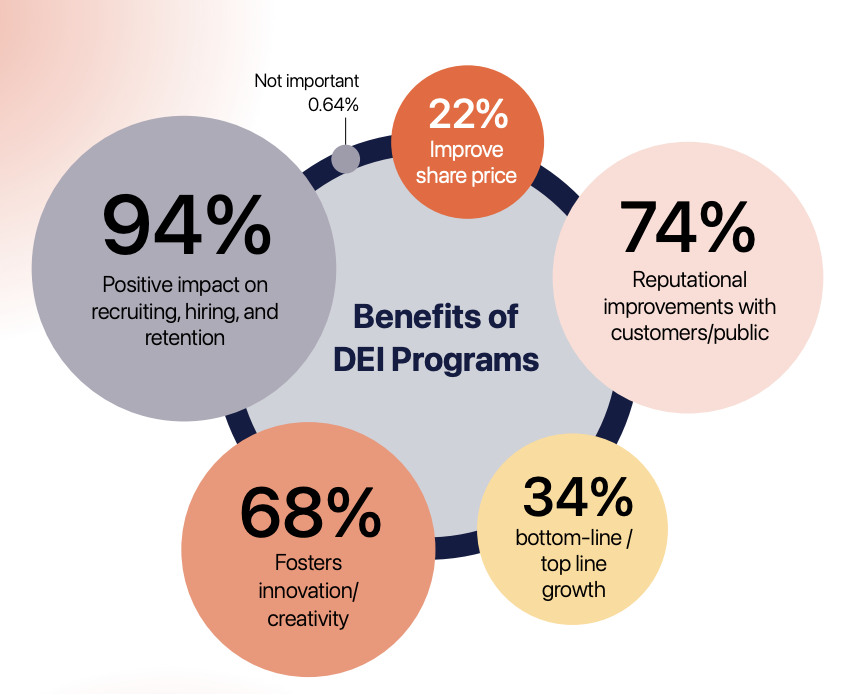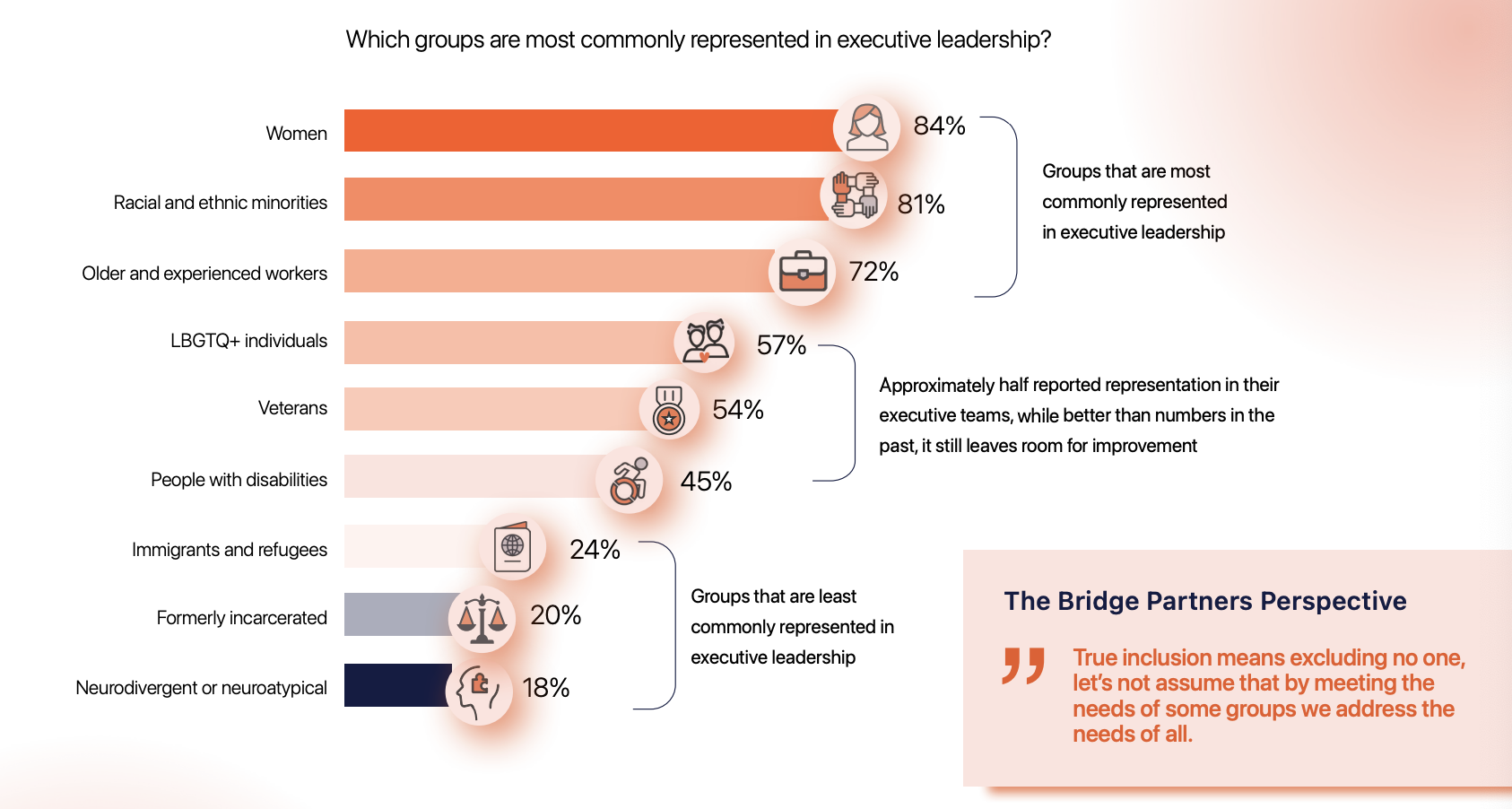
'Despite the near-constant attacks on DEI programmes in the last year, business leaders are still focused on the facts'

Nearly three in four C-suite and human resources leaders in the United States plan to increase their commitment to diversity, equity, and inclusion (DEI) as they recognise its benefits in the workplace.
This is according to the latest findings of Bridge Partners' survey among 400 C-Suite and HR decision-makers in the United States.
"Our data shows not only do business leaders recognise the value of DEI, they are prepared to invest in it," said Tory Clarke, co-founder, and Partner at Bridge Partners, in a statement.
The survey found that among the U.S. leaders:
"It's encouraging to see that, despite the near-constant attacks on DEI programmes in the last year, business leaders are still focused on the facts — that diverse teams, equitable hiring processes, and inclusive cultures are all valuable drivers of stronger organisations," Clarke said.
Further investment in DEI comes as 94% of the respondents recognise its importance to recruitment and retention.
Another 74% said DEI has benefits to reputation, while 68% said it fosters innovation/creativity.
According to the report, C-suite executives are more likely to cite improved share price and bottom line/top line growth as DEI benefits than HR leaders.
"There may be a disconnect between C-suite leaders and HR around the perceived benefits of DEI. However, that does not mean all cannot be true," the report read.

Source: Bridge Partners
Amid widespread DEI strategies, the report has found that women (84%) as well as racial and ethnic minorities (81%) are the "most commonly represented in executive leadership."
Neurodivergent employees (18%), those formerly incarcerated (20%), as well as immigrants and refugees are among the least represented in leadership (24%), according to the report.

Source: Bridge Partners
Ryan Whitacre, Partner at Bridge Partners, said the findings indicate that diversity "remains elusive at the executive level."
"So it makes sense that firms plan to continue their investment in DEI as leadership seeks the competitive edge such diversity brings," Whitacre said in a statement.
"Beyond that, we see the demographic waves produced by the Millennials – who embrace inclusion and are now in management themselves – and Gen Z, which enters the workplace as the most diverse cohort in history, as strengthening the tidal forces propelling DEI rather than supporting those who call for an ebb to such programs in Corporate America."